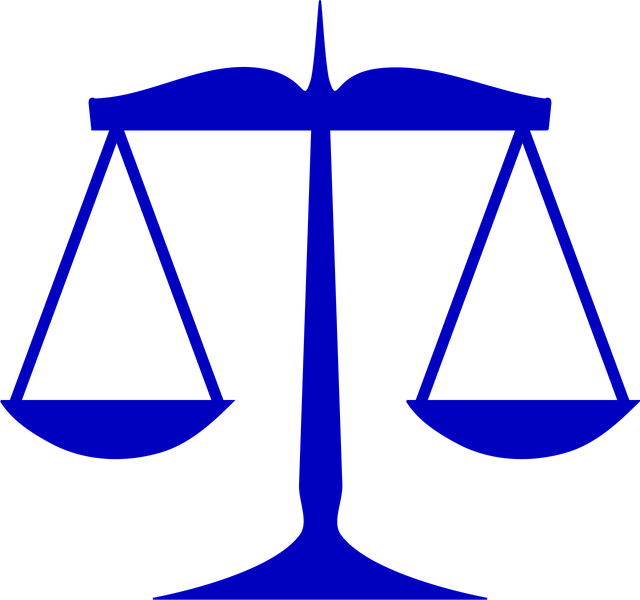The rapid growth of the tech industry has brought significant regulatory scrutiny, particularly through antitrust laws aimed at preventing market monopolies. To avoid costly antitrust litigation strategies, tech companies must understand and adhere to these regulations, fostering competition and mitigating legal risks. Effective white-collar defense includes robust compliance programs, internal audits, and transparent reporting. In navigating complex antitrust litigation, forming a multidisciplinary team with diverse expertise is crucial for building strong defenses and aiming for the complete dismissal of charges. Proactivity throughout investigations ensures strategic responses that mitigate penalties and safeguard future interests.
In the tech-driven landscape, understanding antitrust laws is paramount for companies navigating complex market dynamics. This article explores crucial aspects of antitrust litigation strategies specifically tailored for the tech industry. We delve into how financial crime probes interact with these regulations and uncover common tactics employed by investigators. By examining real-world cases, we provide insights into effective approaches to mitigate risks and navigate the intricate challenges posed by antitrust investigations, helping tech companies stay compliant and competitive.
- Understanding Antitrust Laws and Their Relevance in Tech Industry
- Common Strategies Used in Finance Crime Probes for Tech Companies
- Effective Litigation Approaches to Navigate Antitrust Challenges
Understanding Antitrust Laws and Their Relevance in Tech Industry

The tech industry’s rapid growth has sparked significant regulatory scrutiny, with antitrust laws emerging as a pivotal tool in curbing potential market monopolies. These laws, designed to promote fair competition and protect consumers, have taken center stage in recent years, especially as tech giants dominate various sectors. Understanding antitrust legislation is crucial for tech companies aiming to navigate this complex landscape successfully. By adhering to these regulations, firms can avoid costly antitrust litigation strategies and ensure a sustainable, competitive edge.
Antitrust laws, such as those promoting competition and preventing anti-competitive practices, are essential in maintaining a healthy market environment. For tech companies, this means fostering innovation, preventing price-fixing, and ensuring no single entity controls the market. A strong grasp of these principles can empower businesses to make strategic decisions while mitigating potential legal risks. Ultimately, it allows them to build winning challenging defense verdicts for their clients and safeguard their respective business interests in an increasingly regulated tech sector.
Common Strategies Used in Finance Crime Probes for Tech Companies

In the realm of finance crime probes, particularly when targeting tech companies, investigators often uncover a range of strategies employed to evade regulations and manipulate markets. One common approach is the misuse of market power, where dominant tech giants may engage in practices that restrict competition, such as exclusive licensing deals or blocking competitors’ access to essential data. These tactics can stifle innovation and distort free market principles, leading to antitrust litigation strategies aimed at restoring balance.
Tech companies with a strong white collar defense strategy often focus on compliance programs, internal audits, and transparent reporting to demonstrate their adherence to legal and ethical standards. Their success in these areas can significantly impact the outcome of probes, showcasing a commitment to integrity that extends beyond mere profit-seeking. Moreover, the ability to navigate complex regulatory landscapes and adapt to evolving legal frameworks is crucial, given the dynamic nature of the tech industry. This unprecedented track record of compliance and ethical conduct can serve as a shield against allegations, especially when coupled with efforts to engage positively with both the philanthropic and political communities.
Effective Litigation Approaches to Navigate Antitrust Challenges

In the realm of antitrust litigation strategies for tech companies, effective approaches are essential to navigate complex challenges. When facing investigations or charges, a robust legal defense involves understanding and employing specific tactics tailored to this unique field. One key strategy is to assemble a multidisciplinary team with expertise in antitrust law, technology, and market dynamics. This team can meticulously examine the allegations, gather evidence, and construct a compelling case that challenges the merits of the accusations.
By utilizing comprehensive general criminal defense methods, tech companies can aim for a complete dismissal of all charges. This involves thorough fact-finding, identifying legal precedents that may apply, and crafting persuasive arguments to counter the prosecution’s case. Staying proactive throughout all stages of the investigative and enforcement process is vital; from initial inquiries to formal charges, each step requires strategic responses to mitigate potential penalties and protect long-term interests.
In navigating the complex landscape of antitrust laws within the tech industry, understanding and adopting effective litigation strategies are key. By recognizing common probe strategies and leveraging specialized approaches, tech companies can defend against accusations, ensuring their competitive integrity and fostering a fair market environment. Antitrust litigation demands a nuanced approach, allowing businesses to protect their interests while adhering to legal mandates. Embracing these strategies equips companies with the tools to thrive in an increasingly regulated digital space.






